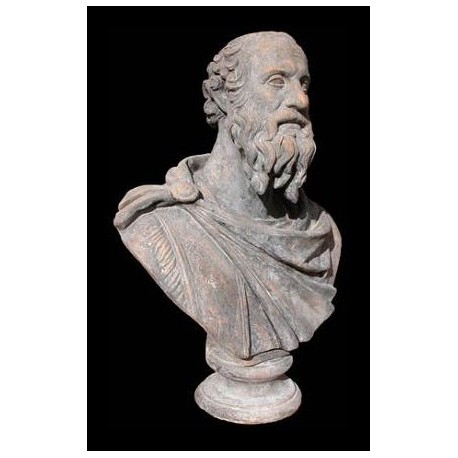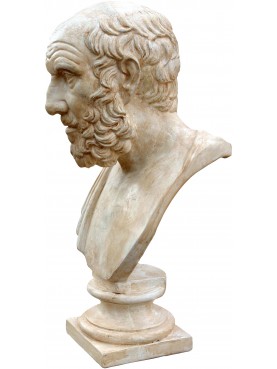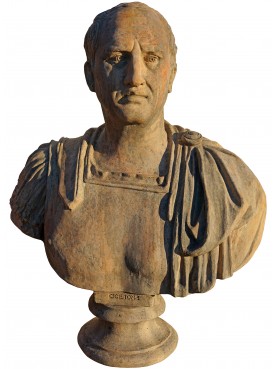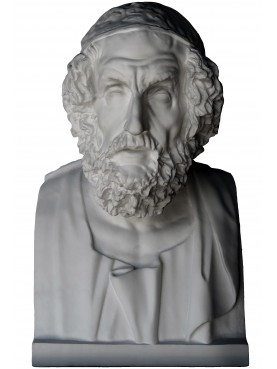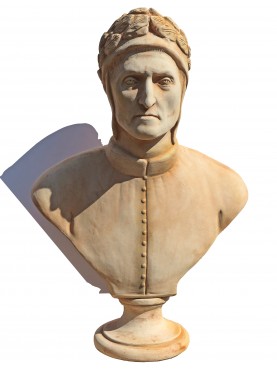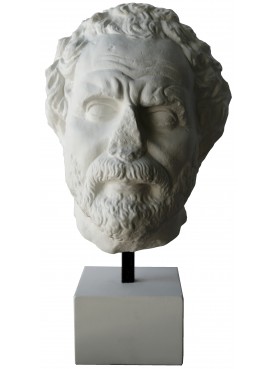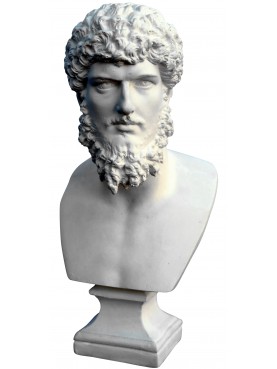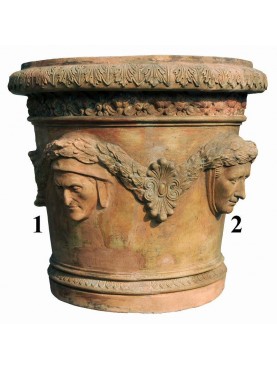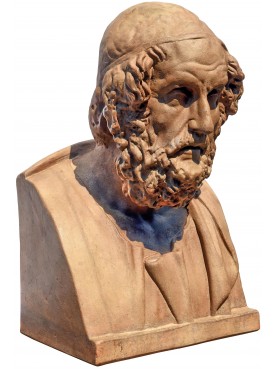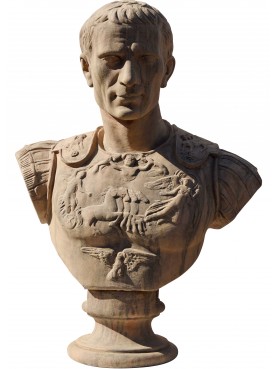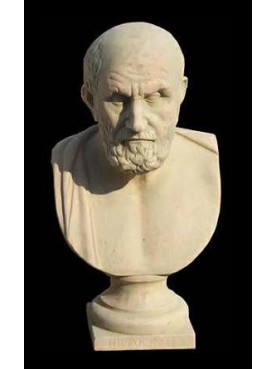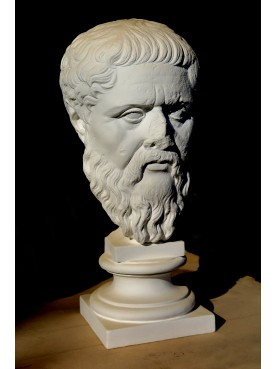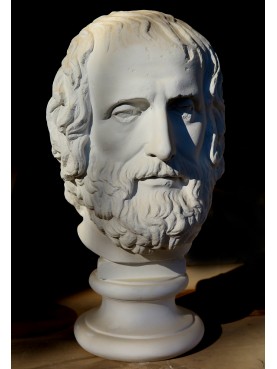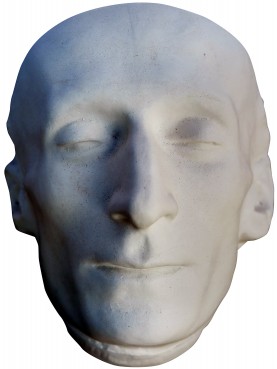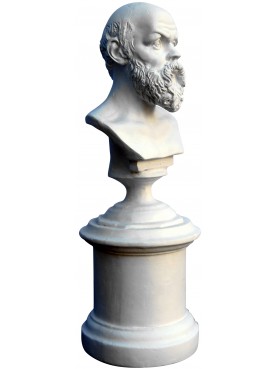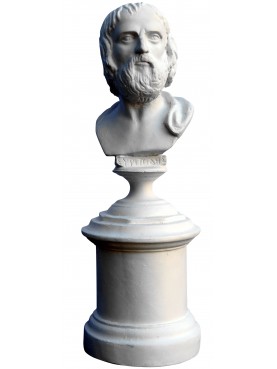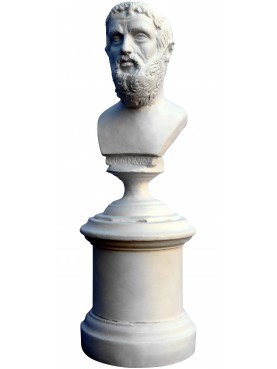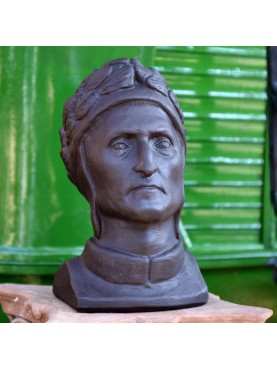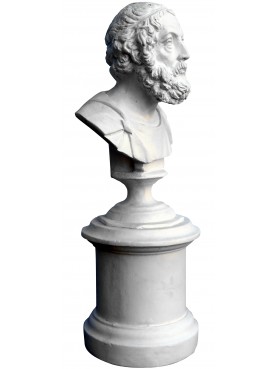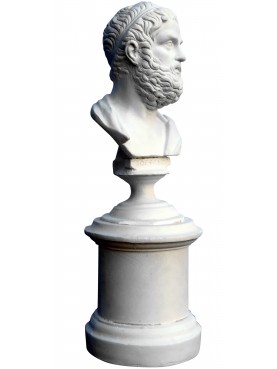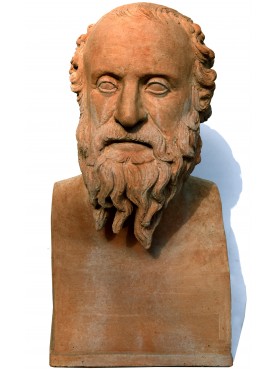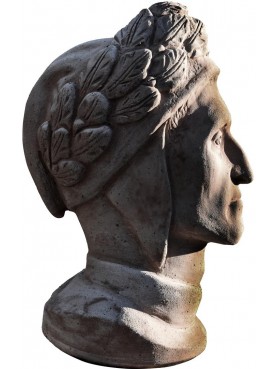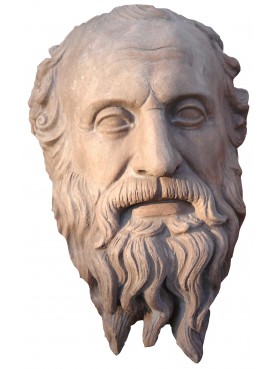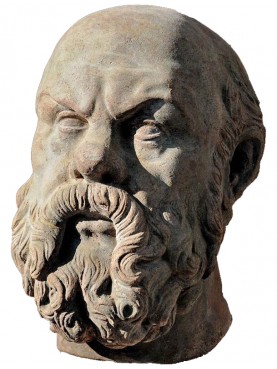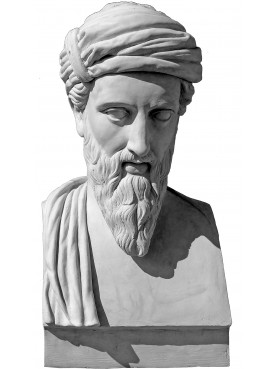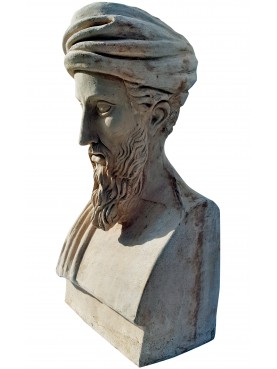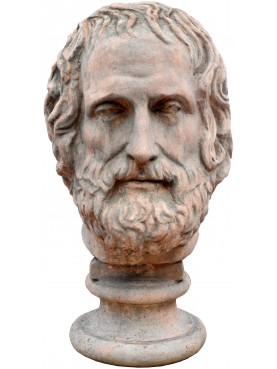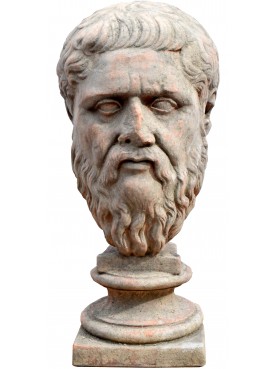Diogene
Diogene
5581
New
Diogenes of Sinope, (Sinope, about 412 BC - Corinth, June 10, 323 BC), was an ancient Greek philosopher.
Bust in terracotta.
Data sheet
| Height | 26.77 in | 68 cm |
| Width | 19.69 in | 50 cm |
More info
Diogenes of Sinope, called the Cynic or the mad Socrates (Sinope, about 412 BC - Corinth, June 10, 323 BC), was an ancient Greek philosopher. Considered one of the founders of the cynical school together with his teacher Antisthenes, according to the ancient historian Diogenes Laertius, he died on the same day in which Alexander the Great died in Babylon. The main source of information on his life is provided by the work of Diogenes Laertius. Born in Sinope, an ancient Greek colony of Pontus (a coastal region of north-eastern Anatolia), according to the historian of the same name he was the son of a certain Icesio, a money changer, who was imprisoned, or exiled, because accused of counterfeit coins. Diogenes also found himself under accusation, and therefore moved to Athens together with his slave Mane who, upon their arrival in Attica, soon fled, leaving completely alone his master, who had to declare with his proverbial irony: "If Mane can live without Diogenes, why not Diogenes without Mane?". Attracted by the ascetic teachings of the Socratic philosopher Antisthenes, he soon became his disciple, despite the rudeness with which he was treated and the fact that he did not want him as a student, but soon surpassed the teacher both in reputation and in the level of austerity of life. . The stories told about him are probably true; in any case, they are useful to illustrate the logical coherence of his character and his irreverence. He exposed himself to the vicissitudes of time by living in a small open barrel that belonged to the temple of Cybele. He destroyed his only earthly property, a wooden bowl, seeing a boy drinking from the crook of his hands and exclaiming: "A child has beaten me in living with simplicity" On his way to Aegina, he was taken prisoner by pirates and sold as a slave in Crete to a Corinthian man called Xeniade (or Seniade), becoming the guardian of his two sons as well as his domestic administrator. When asked about his price, he replied that he knew of no other possible exchange than that with a man of government, and that he wished to be sold to a man who needed a teacher. "And when he asked the herald what he knew how to do, Diogenes replied:" To command men. " It was then that he pointed to a man from Corinth who wore a fine purple robe, the aforementioned Seniade, and said, "Sell me to this man: he needs a master." (Diogenes Laertius, Lives of the Philosophers VI, Life of Diogenes, 32) He lived in Corinth for the rest of his life, which he devoted entirely to preaching the virtues of self-control and self-reliance, living in a barrel. At the Isthmian Games he gave speeches to a large audience that followed him from the period of Antisthenes.

